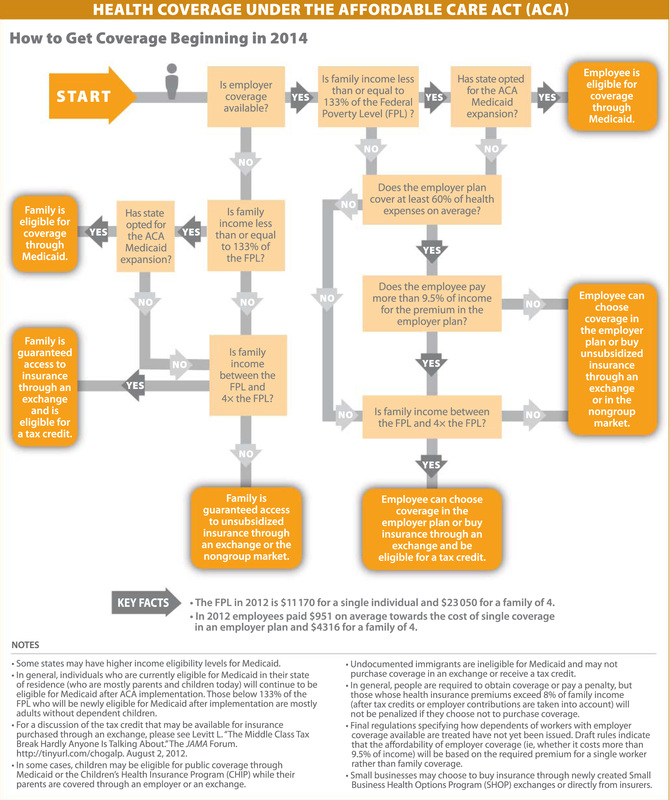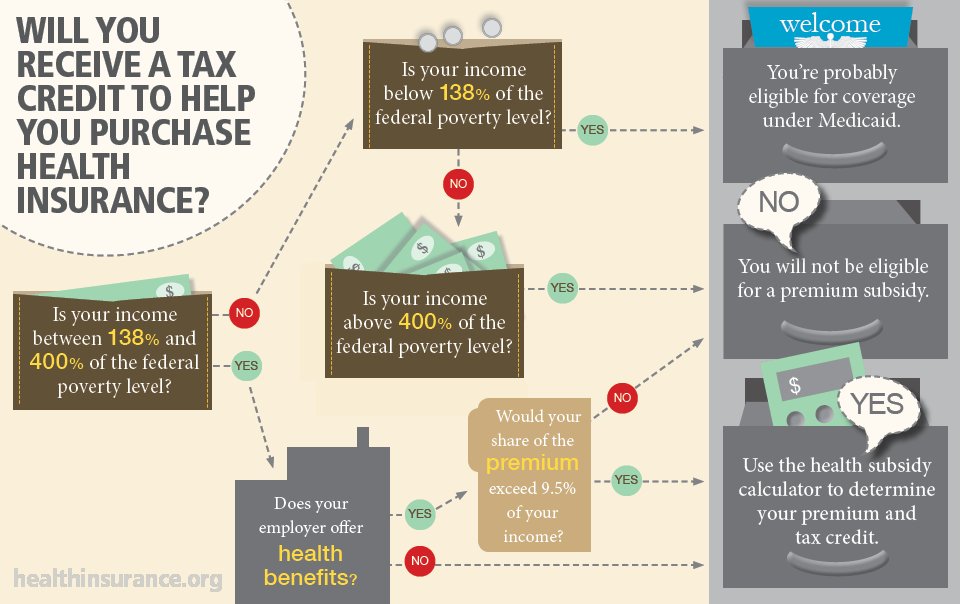After the wrath of anger from consumers who had their individual health insurance plans cancelled 4th quarter of 2013, the Obama Administration chose to avoid this issue during the mid-term elections this upcoming fall. 10 times as many people were scheduled to have their health insurance canceled at the end of 2014. This week it was announced, most individuals could keep their plans for another 2 years. The Administration called pre-Affordable Care Act insurance "no-frills" plans. I have to dispute that idea completely, as many plans had more features and benefits than the new 2014 plans. Regardless, this is good news for those who would not receive a significant subsidy. Most pre-ACA plans have more affordable monthly premiums and include benefits to use the coverage more affordably, too.
|
"Most individuals can keep their plans for another 2 years." After the wrath of anger from consumers who had their individual health insurance plans cancelled 4th quarter of 2013, the Obama Administration chose to avoid this issue during the mid-term elections this upcoming fall. 10 times as many people were scheduled to have their health insurance canceled at the end of 2014. This week it was announced, most individuals could keep their plans for another 2 years. The Administration called pre-Affordable Care Act insurance "no-frills" plans. I have to dispute that idea completely, as many plans had more features and benefits than the new 2014 plans. Regardless, this is good news for those who would not receive a significant subsidy. Most pre-ACA plans have more affordable monthly premiums and include benefits to use the coverage more affordably, too. Jeanine Kinzie is a Licensed Health Insurance Agent, Licensed Life Insurance Agent and a Federally Facilitated Marketplace Enroller / SHOP Marketplace Enroller from Grand Rapids, Michigan.
0 Comments
If you have questions about the Affordable Care Act, here's a short video overview on how it works. It is the law and it is being implemented. You will be affected, no matter who you are. This is the largest social change in our country since Medicare started in 1965. Take a few minutes to watch this from Kaiser Family Foundation, then let me know if you have any questions. How does the Patient Protection and Affordable Care Act (PPACA) affect people?
Since 2010, insured have enjoyed free wellness care, as long as it fits the guidelines set forth in PPACA. (See www.Heathcare.gov/prevention for details of the wellness treatments you are eligible for.) To ensure he didn’t have any concern for lung cancer, my friend, a former smoker, asked during his recent wellness visit for a chest x-ray and was denied. The doctor said it wasn’t necessary. His mother died of cancer at age 62. He is turning 57 this year and felt it was necessary for his peace of mind. He is willing to pay for it and couldn’t get the Doctor to order the x-ray. Only 1% of lung x-rays show cancer, but what if he is the 1%? The bigger picture is that behind the scenes, PPACA is changing Doctor’s compensation from a “fee for service” (where providers profit from providing more services) to “capitated” payments (where providers profit by providing fewer services) or some hybrid. Meet the new final authority for health care in America. It’s not Congress, not the Court, and not “We the People”. It’s an Independent Payment Advisory Board (IPAB), an unelected, unaccountable 15-member panel empowered to set healthcare standards for spending, care and efficiency that will affect all of us. It is quite possibly the most dangerous aspect of the entire PPACA law. IPAB is not required to hold any public hearings and its decisions are not subject to administrative or judicial review. It has the power to tax and ration care. This is all by design. The authors of Obamacare decided to take the difficult matters away from politicians. The “quality and efficiency” standards set by IPAB affect ALL health care, not just Medicare and Medicaid. This means your utilization of your private health insurance will be affected, even if you are willing and able to pay for treatment. There will be one standard of care for all. IPAB has determined too much money is spent in the last year of life. Furthermore, as IPAB is reducing compensation to Medicare/Medicaid providers, fewer Doctors can afford to continue serving this population. There is a silent exodus already in motion from Doctors. This movement is the beginning of rationed care. So how does PPACA affect you? It will depend on your age, wealth and health. *“Hidden Dangers of Obamacare” was used as a resource to this article. Jeanine Kinzie - Licensed Health and Life Insurance Agent If you would like to talk to an expert about what this means for your and how you can best protect yourself and your family in the future, Contact Jeanine! Health Care Reform Takes Effect In 2014 What Does This Mean For You NOW? When the Affordable Care Act was introduced, it seemed like a good idea. Healthcare costs were escalating faster than inflation. People with pre-existing conditions found it difficult to get coverage. Preventative care wasn't used for early detection the way it was intended due to cost. 30 million people were uninsured and sometimes weren't able to cover the cost of their medical care. Something had to change. My opinion is and was that the changes required to fix the system didn't need a complete overhaul, but that's what we're getting. We have been led into the Patient Protection and Affordable Care Act of 2010 with the sweetness of free preventative care, children under age 26 allowed staying on their parent's plan, and no child under age 19 being declined for coverage. Next year, we won't have any medical underwriting so all policies will be guaranteed issue. Rate disparities between age bands will be reduced to a ratio of 5:1 to 3:1 which will result in significant rate increases for people in their 20's (not on their parent's plan). For policies beginning in 2014, PPACA compliant health insurance plans will be very expensive. New health insurance premiums will be very extensive and policies will cover much more than the average policy covers today. While you may be content with your coverage, more benefits always equal more premiums. A bigger increase will be applied to individual policies since group policies already cover more of the essential health benefits. (See details below on essential benefits.) Republican House Energy and Commerce Committee members, the Senate Finance Committee and the Senate HELP Committee issued a report looking at several previously released studies to make the point those premiums for Individuals and Small Groups are likely to spike in 2014 due to healthcare reform provisions. The reports I have received show a nationwide average increase for individuals purchasing new coverage next year to cost 50-116% more than this year. New group coverage is expected to cost 32% more than this year due to ramifications. We have creative solutions to reduce the increases implemented on current coverage. New product designs and supplements are being rolled out monthly. Yet rules for implementation are still forthcoming. The exchanges being put into place for purchasing insurance are expected to charge 30-50% more than purchasing insurance from an agent will cost. This is due to extra fees and taxes collected to help pay for the subsidy low income may receive when purchasing coverage thru the exchange. By the way, the proposed application for the subsidy is currently 45 pages long! The Internal Revenue Service is responsible for much of the financial eligibility after the application has been reviewed by Homeland Security. When we discuss your policy, I will advise you if you will be better served by the exchange than what I can assist you with. It's very complicated and I can't give too much general advice. Exchanges will open October 1st for January 1, 2014 effective dates. Many uninsured people are waiting to see what happens and what will be available to them. This may leave them with less affordable options. Please encourage your friends and family to talk to me about the affordable options NOW and can put in place today. If you have questions you'd like addressed, please email or call me. Contact Jeanine! Get Quotes Now Assurant Golden Rule/United Health One Hii More Information For more details, please visit www.uhc.com/united_for_reform_resource_center.htm, www.healthcare.gov, and www.kaiserhealthnews.org for more details. Click on the image to DOWNLOAD this infographic to see additional options for gaining coverage beginning 2014. Source: Keiser Family Foundation www.kff.org
|
About Jeanine KinzieI love to work one-on-one with my clients to provide safe investment choices which will contribute to the financial success and security of individuals and families. ResourcesCategories
All
Archives
May 2015
|


 RSS Feed
RSS Feed








